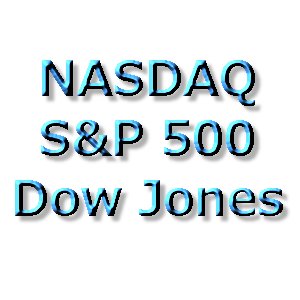Why the Stock Market is Always Volatile
 People don’t always make rational choices. When you begin investing in stocks you will be inclined to “look over the shoulders” of other people, even your friends, to see what they are doing.
People don’t always make rational choices. When you begin investing in stocks you will be inclined to “look over the shoulders” of other people, even your friends, to see what they are doing.
Psychological and social research shows that people often make decisions based on what people around them decide to do. In one recent study, researchers found that people often make “team-oriented” choices. In other words, their decisions are not always selfish, and they choose to stand together with other people even when a decision is not a good one.
But how does that work? Why do we “stand with the team?” In another interesting study researchers found that we often make decisions based on feedback, although it is a passive form of feedback. In their example, people are less likely to wear bicycle helmets if the people they know don’t wear bicycle helmets. That is a form of “team-oriented” decision-making.
What is worse is that even experienced investors tend to overreact to bad news, selling off good stocks before they should be sold and holding on to bad stocks longer than necessary. In these situations people are more influenced in their decisions by the risks they perceive rather than by the objective risks shown by their data. In other words, when stress levels are high people become very conservative and make less objective decisions.
And if that doesn’t deflate you enough, yet other research shows that we complicate our decision-making in order to make less desirable options more attractive. Even in complicated situations, psychologists recognize the value of making intuitive decisions, which may seem to go against the grain of what would be expected in a situation. Intuition may be the mind’s way of rising above a crisis to choose a better path than what everyone else is following.
We can’t predict when stock prices will rise and fall, or when a market will crash or soar, but we can pay attention to what is going on around us and learn from the mistakes of many generations of investors who didn’t understand why their “safe” decisions led to disaster.


